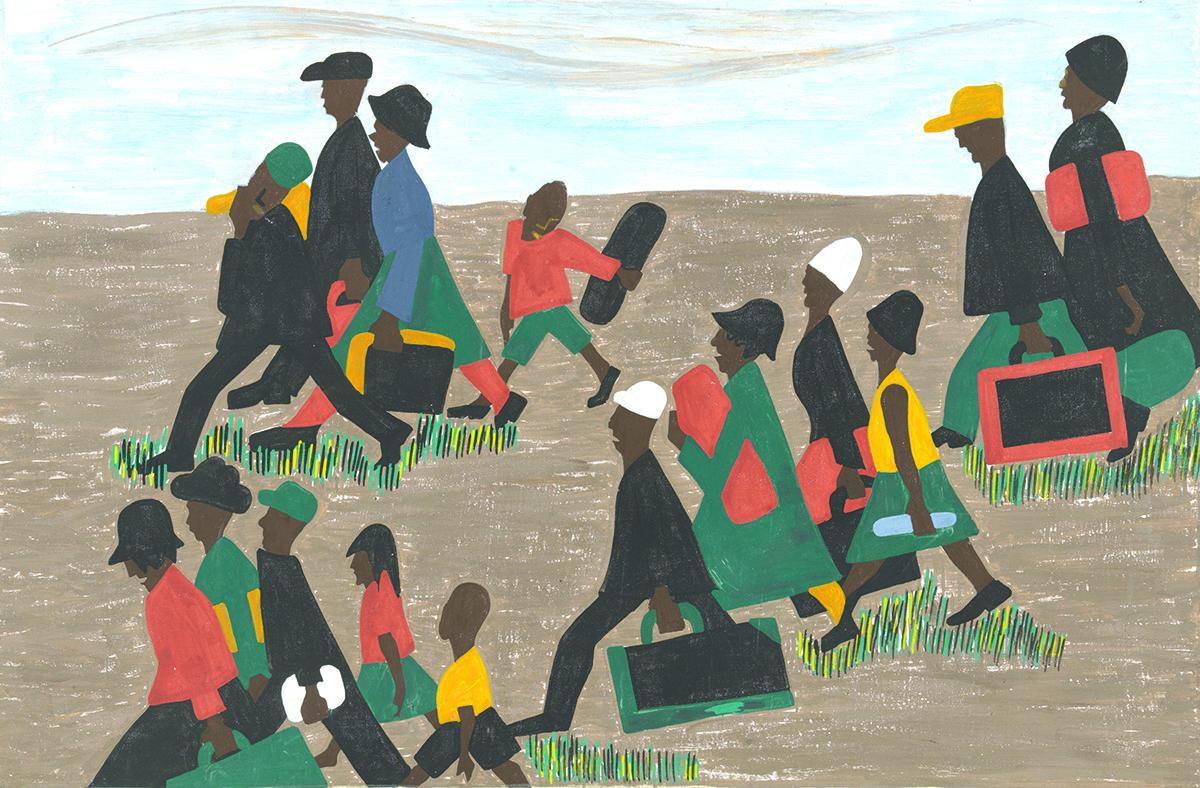In the wake of an incident involving the police being called on two innocent black men by a Starbucks employee, every location of the store will shut down on May 29 for anti-bias training for every employee. This decision, though, has brought people to ask if trainings like this can actually eliminate any bias. While sitting through a couple hours of a company-mandated training might not actually do anything to change the ways of bigoted employees, it does do a couple broader things. First, it makes a statement. A massive, nationwide company is standing up and doing something about racial profiling, and while this might not be much, especially considering police brutality that’s happened outside of Starbucks, it is something. A step. As long as this one-off event isn’t actually a one-off event, as long as other companies and Starbucks itself keep pushing for unbiased spaces and behavior, then there is the chance for actual change to happen. Another thing this does is it introduces accountability. It’s still to be seen if Starbucks will actually follow through on any complaints after these trainings, but these trainings will make it possible for customers or other employees to call out trained employees on their behavior without them being able to say that they hadn’t had that training. This is, as long as it’s enforced, a great step forward for the company. And again, if it is continued by Starbucks and other large companies like it, there is the chance for a larger scale change in how our country operates day-to-day.
Author: Mercer McLennan
Recognizing The Past
The other day, a group of friends and I were having a discussion at dinner that turned into something really interesting and worth talking about. A conversation about language in some TV shows brought up old cartoons, such as the first few years of Disney shorts or really old Loony Tunes shorts, and we found out there are some Loony Tunes shorts that Warner Brothers won’t allow to be showed any more because of how overtly racist they are. None of us really knew how to feel about this. We were, of course, all glad that the company no longer held those views and were ashamed that they ever made these shorts. However, this felt a little too close to covering up history for us to be completely okay with that decision. Yes, having these videos out in regular circulation is probably not the best idea, especially if the company does not want to promote those values anymore, but sealing them away forever sounds like censorship. In fact, these shorts are called the Censored Eleven. We talked a lot in this class about looking at history from a historical perspective and not falling victim to presentism, and this feels to be in a similar vein. Honoring the horrible ways of the past is wrong, but they happened and they should be talked about as having happened, especially because they were wrong. Censoring the bad parts of the past does not help anyone learn or grow, and only obscures the rest of history.
Who Are We Listening To?
In the wake of the Florida school shooting just over a month ago, a lot of people have begun speaking out against the loose gun control in this country, and many others have started to really listen. The marches organized by the Parkland students, specifically, gained a lot of media attention and started a bit of a snowball effect in terms of protests and school walk-outs. However, as an article for Huffington Post by Sarah Ruiz-Grossman points out, the fast success of this anti-gun, anti-violence movement can bring into question why a relatively small group of white students are being listened to more than black victims fighting against gun violence. This is a very complicated issue, then, because the topic of gun control is finally being addressed very vocally nationwide, but why it is only now being addressed in this capacity when groups like Black Lives Matter have been trying to talk about it for years? This all comes back into class discussions of anti-black violence and demonstration to get political progress, but this time comparing the effectiveness of the demonstration based on the group’s race. Granted, this new anti-gun movement the Parkland kids kick started is very new and has hardly had enough time to make any lasting difference, and considering how popular in media coverage the Black Lives Matter movement was when it first started, so I’m a little hesitant to fully compare the two movements just yet. Still, there is clearly the sense, from my perspective, that many people see the Parkland kids’ movement as the first real protest against gun violence, which it definitely is not. And while I am glad that this issue is being addressed, I, too, am more than a little disheartened at the fact that it was ignored for so long simply because of who was presenting the issue.
